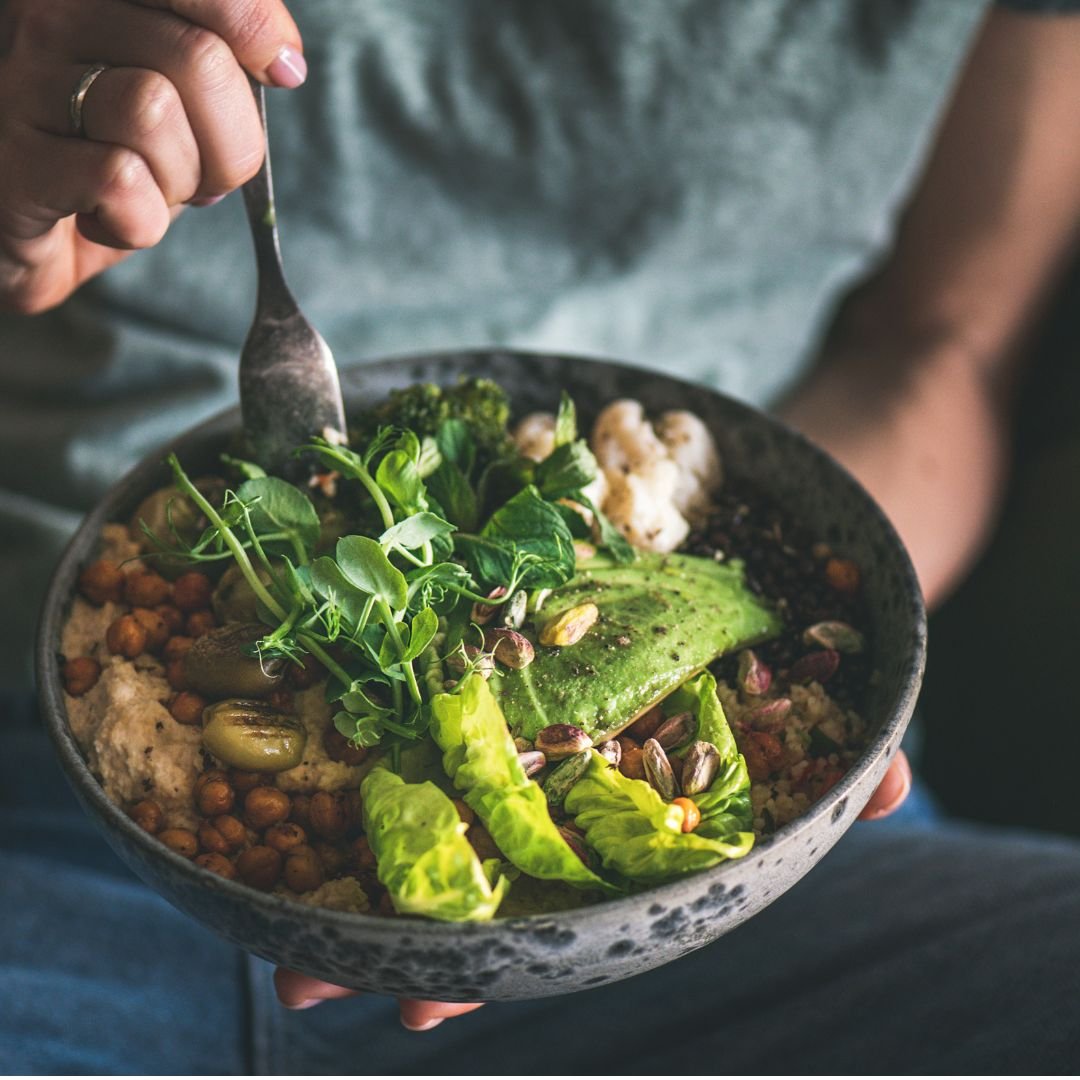
Depression is a prevalent and serious mental health condition that affects millions of people worldwide. It can have a significant impact on a person's quality of life, relationships, and overall well-being.
While the causes of depression can vary from person to person, there are some common risk factors that may increase the likelihood of developing the condition. These include a family history of depression, chronic stress, substance abuse, and certain medical conditions, among others.
It is important to seek help if you or someone you know is experiencing symptoms of depression. A healthcare professional can provide an accurate diagnosis and recommend appropriate treatment options.
Therapy is a common treatment for depression and can be highly effective in helping individuals manage their symptoms. Cognitive-behavioral therapy (CBT) and interpersonal therapy (IPT) are two examples of evidence-based therapies that can help individuals develop coping strategies and improve their mental health.
Medication may also be prescribed for depression, especially in cases where symptoms are severe or do not improve with therapy alone. Antidepressants work by balancing the levels of certain chemicals in the brain that regulate mood and emotions. It is important to take medication only as prescribed and under the guidance of a healthcare professional.
While there are various treatments available, including therapy and medication, making changes to your diet may also be beneficial in managing symptoms of depression. Certain foods contain nutrients that can boost your mood and improve brain function, which may help alleviate symptoms of depression.
Here are some foods that can help boost your mood and fight depression:
| Fatty Fish Fatty fish like salmon, mackerel, and sardines are rich in omega-3 fatty acids, which are essential for brain health. Omega-3s can reduce inflammation in the brain, which is associated with depression. They can also increase the production of serotonin, a neurotransmitter that regulates mood. |
|
| Leafy Greens Leafy greens like spinach, kale, and collard greens are high in folate, a B-vitamin that has been linked to depression. Studies have found that people with depression often have lower levels of folate in their blood. Eating more leafy greens can help increase your folate intake and improve your mood. |

|
| Whole Grains Whole grains like brown rice, quinoa, and oats are high in complex carbohydrates, which can help boost the production of serotonin in the brain. Eating whole grains can also help regulate blood sugar levels, which can have a positive effect on mood. |
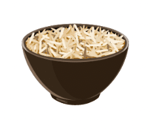
|
| Berries Berries like blueberries, strawberries, and raspberries are high in antioxidants, which can help reduce inflammation in the brain. They are also high in vitamin C, which has been linked to lower rates of depression. |
|
| Nuts Nuts like almonds, walnuts, and cashews are high in healthy fats, protein, and fiber. They also contain vitamin E, which has been linked to lower rates of depression. Eating nuts can help boost your mood and reduce feelings of sadness and anxiety. |
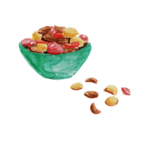
|
| Fermented Foods Fermented foods like yogurt, kefir, and sauerkraut are high in probiotics, which are beneficial bacteria that live in the gut. Research has found that gut health is linked to brain health and that probiotics can help improve symptoms of depression and anxiety. |

|
| Dark Chocolate Dark chocolate contains flavonoids, which are antioxidants that can help reduce inflammation in the brain. It also contains a small amount of caffeine, which can help boost mood and energy levels. |

|
| Legumes Legumes like lentils, chickpeas, and black beans are high in protein, fiber, and complex carbohydrates. They are also rich in folate, which has been linked to lower rates of depression. Eating more legumes can help boost your mood and improve brain function. |
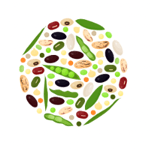
|
| Eggs Eggs are a good source of protein, healthy fats, and B vitamins, including vitamin D. Vitamin D, has been linked to lower rates of depression, and many people who suffer from depression have been found to have low levels of this vitamin in their blood. |

|
| Turmeric Turmeric is a spice that has been used for centuries in traditional medicine to treat a variety of ailments. It contains a compound called curcumin, which has been found to have anti-inflammatory and antidepressant effects. Adding turmeric to your diet can help boost your mood and improve brain function. |
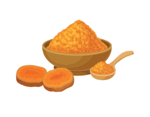
|
In conclusion, making changes to your diet by incorporating these mood-boosting foods can be a natural and effective way to manage symptoms of depression. While it is not a substitute for professional treatment, eating a healthy and balanced diet can help support overall mental health and well-being.




